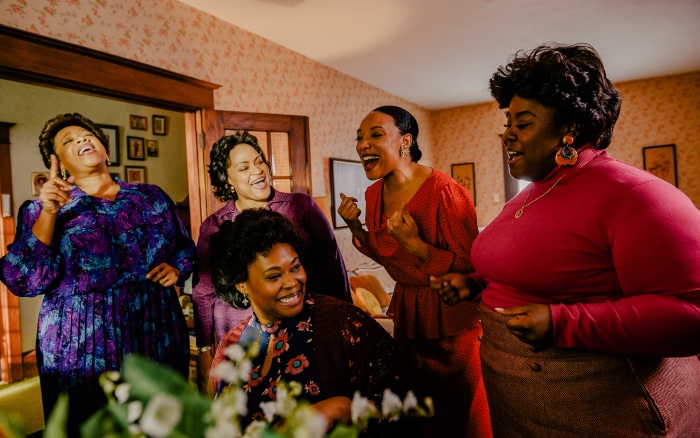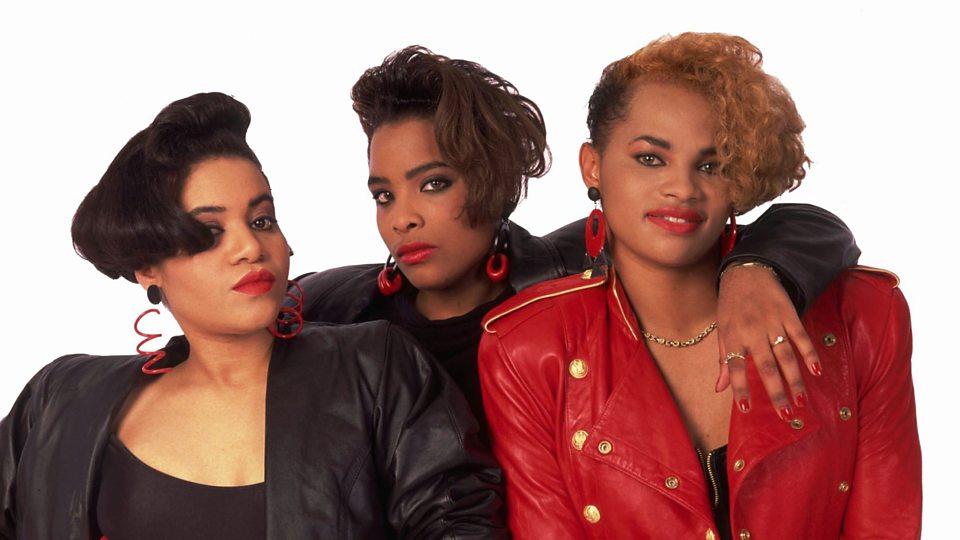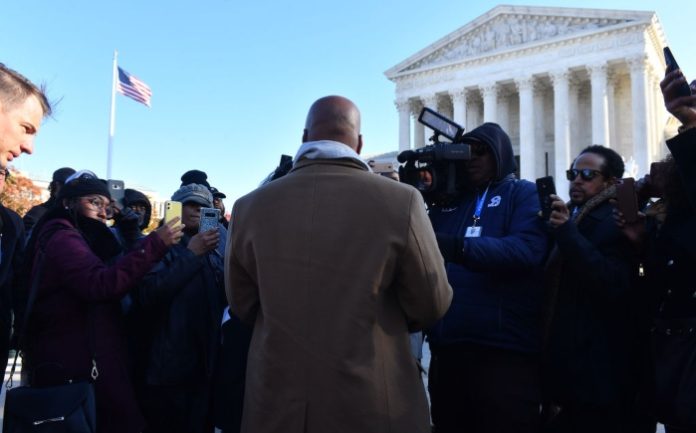Recently, in November 2019, the United States Supreme Court heard arguments in the case of Comcast Corporation vs National Association of African American Owned Media bringing to the national forefront the long-running feud of Byron Allen’s Entertainment Studios with Comcast Corporation. Allen alleges that Comcast and several other companies refused to carry ES’s content on their networks. But Comcast argued that Allen hadn’t proven that racial bias was a major factor in their decision not to carry the networks or the channels, so the case should not be heard in court at all.
For a bit of background, Byron Allen, 58, started his career as a comedian and he has since developed his Entertainment Studios company into a multi-million dollar platform. He is a philanthropist and television producer. Allen acquired The Weather Channel for approximately $300 million in March 2018. Last year, he announced the launch of The Weather Channel Espanol which is slated for later this year. Most recently, Entertainment Studios was announced as the content partner for Sinclair Broadcast Group in their purchase of Fox Sports Network, which the Disney company was forced to sell. Byron Allen and Entertainment Studios also hold an equity stake in Fox Sports Network. Byron Allen has quietly become a media mogul worth over $400 million.
The entire case is based on the the Civil Rights Act of 1866. Allen filed a lawsuit, filed under his National Association of African-American-Owned Media and Entertainment Studios Network companies, in the United States District Court for the Central District of California against Comcast in February 2015, seeking $20 billion in damages, saying that Comcast used racial discrimination to deny him a contract, in violation of section 1981 of the Civil Rights Act of 1866.
Comcast basically said, that you have to prove that us not taking your network was racial discrimination. If you can’t do that we shouldn’t even be going to court. Byron Allen and Comcast have been battling in court for several years now.
In a lower court, the judge determined that the case should move forward.
Comcast asked The U.S. Supreme Court to shut the case down once and for all.
Also note: Byron Allen also sued AT&T, Time Warner, Charter Communications and several other media companies. He settled out of court with AT&T (they have since picked up his network). Charter Communications is also fighting back and trying to get their case heard in the U.S. Supreme Court as well. Essentially whatever result happens here will likely impact that other case.
Let’s put it all together:
If the Supreme Court sides with Comcast would the damage be limited to just discrimination cases that people of color or African Americans would bring? Or would the damage be far reaching in relation to everyday citizens who want to prove some type of wrongdoing against a corporation?
More than likely, we’re not expecting a decision from them until the Spring. But, let’s say the Supreme Court does side with Comcast. What’s the next step that needs to be taken to protect the provisions that the Civil Rights Act of 1866 provides? How much does one need to show in order to show discrimination???
It depends on just how broad the Supreme Court writes in its decision. It could rule in Comcast’s favor but still issue a very narrow decision, which would essentially send the case back to a lower court for further consideration.
If the Supreme Court issued some sort of broad decision, which would be the outcome that would be in Comcast’s favor, the remedy is with Congress. The the Civil Rights Act of 1866 is a law and if it provides protections against discrimination, and those protections are unclear than maybe the law needs to be changed or updated even more. Congress has the ability to correct any misinterpretation of the statute. That’s exactly what Congress did in 1991 when the Supreme Court had incorrectly undermined a number of important civil rights statutes. At that time Congress signed into law by President Bush passed the Civil Rights Restoration Act that made clear that the Supreme Court’s efforts to limit certain very important civil rights statutes were incorrect and Congress was going to fix that. So this could be a place where the same thing could happen here.
Another important piece to all this is how much of an impact all this has for other African-American and minority owned independent networks. Right now, this is a fight for Byron Allen’s companies and Byron Allen stands to benefit the most from a ruling in his favor. He already has profited with his settlement from AT&T and he can still make $20 billion from Comcast and another $20 billion from Charter Communications if his lawsuit is able to go through and he goes on to win. Even if he doesn’t make what he is asking for he stands to make millions and potentially double or triple his net worth.
I wish we had more time to continue parsing through this fascinating case. The implications are vast and enormous depending on the ruling of the Supreme Court, but we’ll have to wait a couple months or so to find out what those implications will be.
The Byron Allen and Comcast saga continues….
Photo Credit: Getty Images North America – Larry French / Stringer
Readers Might Also Like:
 [FIRST LOOK] Lifetime To Air ‘The Kamiyah Mobley Story’, Starring Niecy Nash & Rayven Ferrell
[FIRST LOOK] Lifetime To Air ‘The Kamiyah Mobley Story’, Starring Niecy Nash & Rayven Ferrell
 With “Don’t F*** This Up”, Kevin Hart Provides A Lesson In Leadership
With “Don’t F*** This Up”, Kevin Hart Provides A Lesson In Leadership
 [FIRST LOOK] First Ladies of Gospel, The Clark Sisters Spotlighted In Lifetime Movie
[FIRST LOOK] First Ladies of Gospel, The Clark Sisters Spotlighted In Lifetime Movie
 The Cast For The Salt-N-Pepa Biopic Has Been Revealed
The Cast For The Salt-N-Pepa Biopic Has Been Revealed

